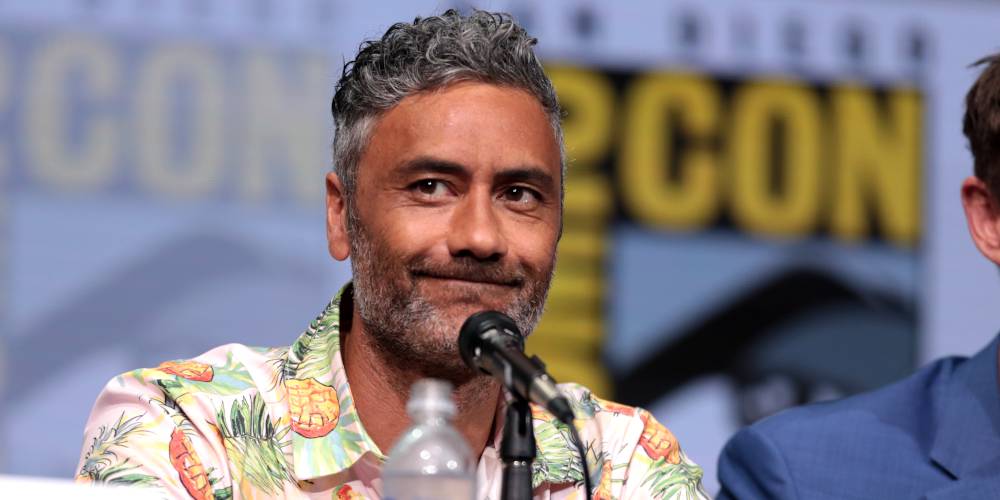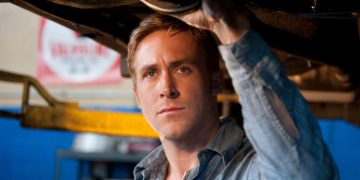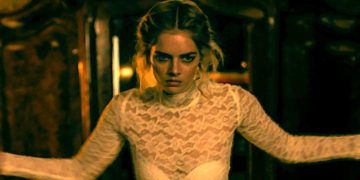Taika David Cohen, better known as Taika Waititi, is the New Zealand filmmaker who recently directed Thor: Ragnarok (2017) and Thor: Love and Thunder (2022). He's also known for films such as Boy (2010), Hunt for the Wilderpeople (2016), and Jojo Rabbit (2019).
Before he joined the Marvel Cinematic Universe, he starred in and directed several indie films and many TV productions.
Taika Waititi has a uniqueness to him that spills over into his work, and his recent projects have made into a very influential artist. His distinct worldview shapes his stories, making them unlike any other.
What's the deal with Taika Waititi? What makes him so different compared to other Hollywood filmmakers? Here's everything you need to know about him and why he stands out.
5. Taika Waititi's National Identity
Taika Waititi is actively vocal when it comes to national identity, which stems from his unusual family background: his mother is Jewish and his father is Māori, so Waititi considers himself a "Polynesian Jew."
One of the leitmotifs of his career has been Indigenous representation, along with the inclusion of underrepresented minorities.
Through his work, Waititi gives voice to various sides of society that have long been represented only as stereotypes.
Taika Waititi also happens to be the second Indigenous person to win an Academy Award, which he won for Jojo Rabbit. (In that film, he plays an imaginary version of Adolf Hitler.)
4. Taika Waititi's Filmmaking Style
Taika Waititi's filmmaking style stands out for many different reasons, but perhaps most notable is how he gives ample visual space to landscapes, both urban and natural.
Nature has a special place in his works, where it's portrayed as powerful and beautiful. It's often combined with aspects of indigenous culture, which is one way he normalizes Indigenous representation.
Unsurprisingly, many of Waititi's films also revolve around themes of childhood, innocence, and companionship. For example, Jojo Rabbit, Boy, and Hunt for the Wilderpeople all deal with the end of childhood.
Stylistically, Taika Waititi's films are eclectic and extravagant. He likes to blend genres, engage with unusual color palettes, and his soundtracks are often extremely well-thought-out.
In short, he has the capacity to create entire universes with very few tools, but always with an eye for portraying the natural development of life.
3. Taika Waititi's Humor
Taika Waititi's films often walk the line between biting satire and warm wholesomeness, with both sides rooted in humor.
He likes to play with common tropes and stereotypes, turning them on their heads and lampshading their absurdities.
More specifically, Taika Waititi often engages with traditional ideas of masculinity and subverting expectations in male characters. In fact, his characters rarely adhere to conventional gender roles, and when they do, it's often done in a self-reflective manner.
Waititi tackles all of this with humor that's universal—anyone and everyone can relate, even when his characters are atypical. His comedy stems from his own quirky sense of off-screen humor.
Watch any interview and you'll see what kind of energy he brings to his films. For example, he made headlines when he pretended to be asleep during the Oscars! That's a man who understands subversive humor.
2. Taika Waititi's Characters
From Rosie Betzler in Jojo Rabbit to Uncle Hector in Hunt for the Wilderpeople, Waititi's works are populated by remarkable characters. They feel complex and believable, yet somehow they seem to belong to a different reality—a reality where people are kinder.
There's one type of character he excels in developing: young male protagonists. Unlike most young male characters in cinema, Waititi's are always complexly fleshed-out with fears, dreams, and insecurities.
Waititi's young protagonists represent our own childhoods and speak to the process of growing up. They allow him to explore those moments where we shift between childhood and adolescence, and he always does so with accuracy, respect, irony, and empathy.
1. Taika Waititi's Personality
There's no one specific quality that makes Taika Waititi unique; it's the diverse combination of his characteristics that does.
Could it all be nothing more than just his public persona? Sure. But I like to think he's how he seems to be: true to himself, in every situation.
He always challenges the conventions of his roles—as director, as actor, as writer, even as parent. He strives to reshape expectations and to engage the people around him with values that matter.
Waititi believes in innocence, in the good side of people. His stories don't always have happy endings, but they always try to make you look at the brighter side of life. His messages aren't perfect, but they're important.
Taika Waititi is 47 years old now and he's becoming more famous and influential every day. I hope he'll have a long and prolific career, as he provides us with his unique take on the world.




